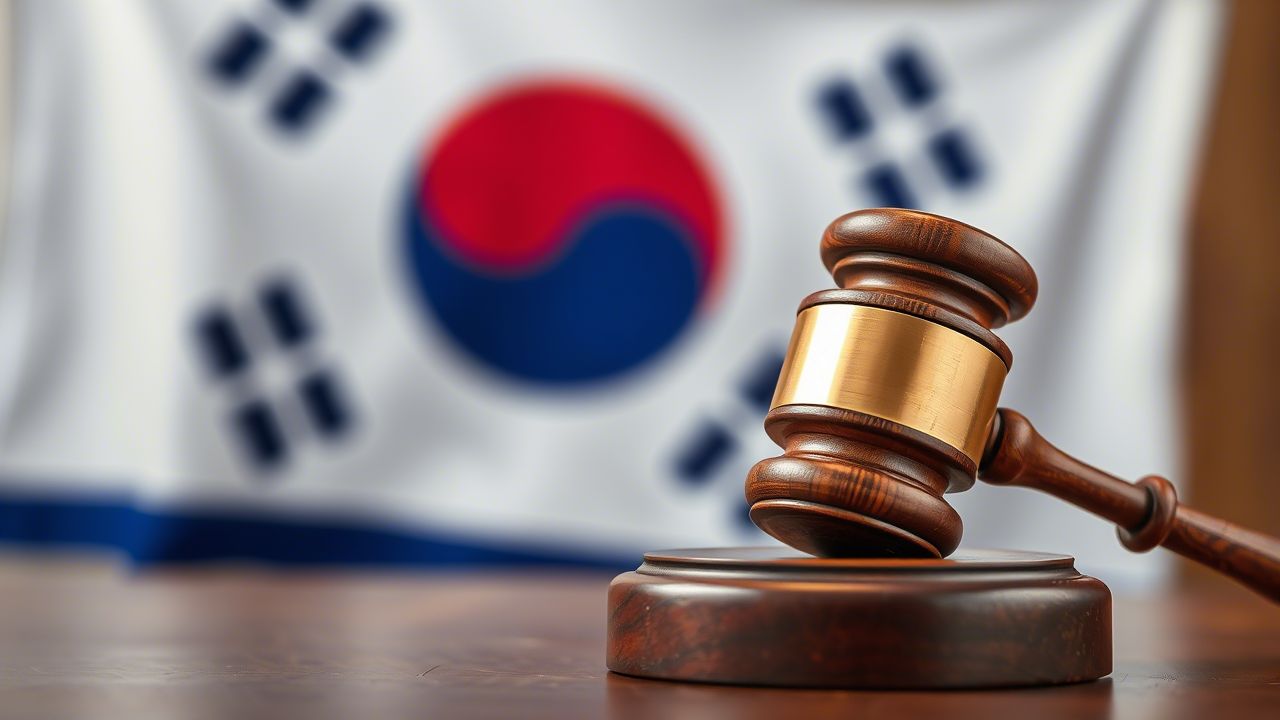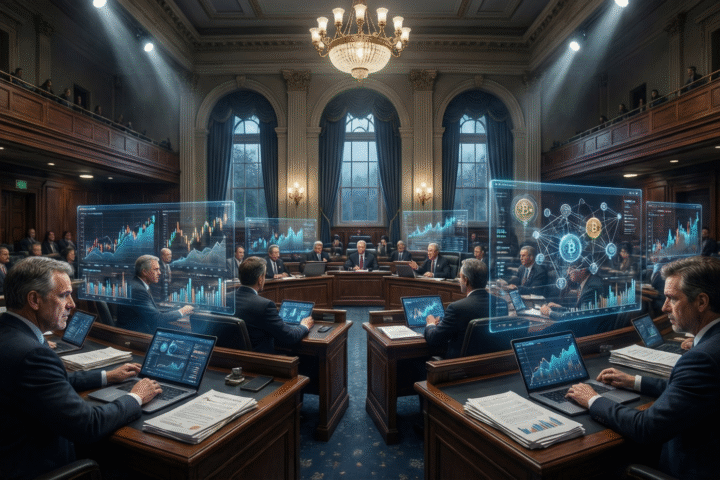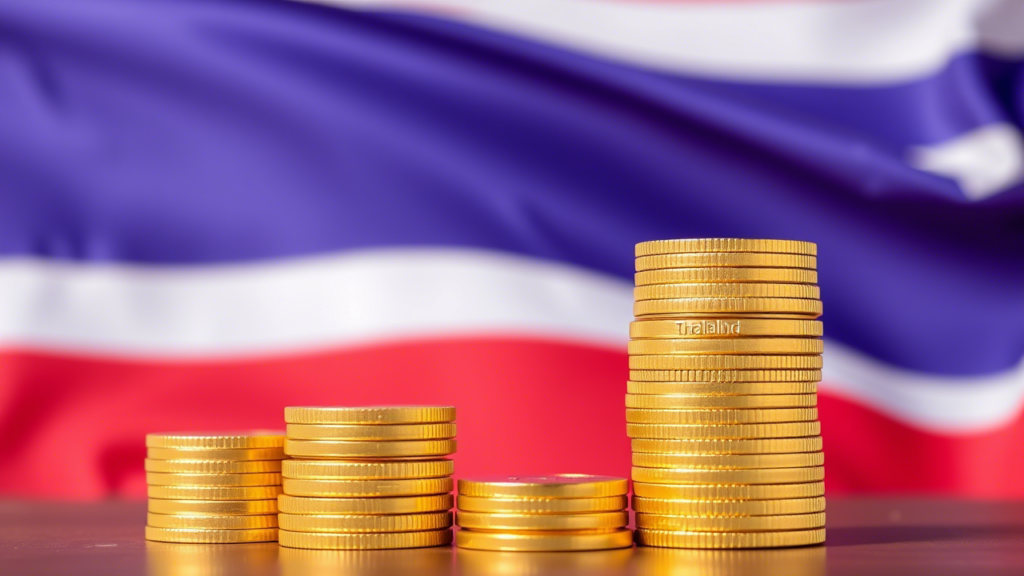South Korea’s Democratic Party has established a new Digital Asset Committee aimed at shaping national сryptocurrency policy and fostering growth within the digital asset sector.
The committee, created as part of the Democratic Party’s election campaign efforts, convened for a meeting on May 13 at the National Assembly Members’ Hall in Seoul.
The committee is expected to take the lead in shaping digital asset policies by drafting campaign pledges, proposing legislation, and developing regulatory frameworks. Initial discussions have reportedly centered on the Basic Digital Asset Act — often referred to as the “Stage 2 Bill.”
Additionally, Rep. Min Byeon-deok is serving as chairman of the Digital Asset Committee, emphasizing its long-term objective of becoming a presidential-level body. He has stressed that aligning the Digital Asset Committee under the president’s office would strengthen its expertise and enhance its ability to craft and execute effective policies.
Related: CFTC Opens Door for National Trust Banks to Issue Stablecoins
The committee is organized into two core divisions, each with a distinct focus. The Industrial Innovation Growth Committee — led by Professor Kang Hyung-goo of Hanyang University — aims to strengthen South Korea’s position in the global digital economy. Meanwhile, the Policy and System Support Committee, led by Dr. Yoon Min-seop, is tasked with developing legal and regulatory frameworks to support the country’s evolving digital asset landscape.
The committee is also expected to include four subcommittees, each focusing on a specific area: user protection, legal reform, industry growth, and fostering external cooperation.
In addition to the committee’s launch, the meeting also addressed key digital asset issues raised during the presidential election, with stablecoins being a prominent topic of discussion.
During the presidential campaign, Lee Jae-myung, the Democratic Party of Korea’s candidate, advocated for the creation of a “won-linked stablecoin.” In response, Lee Jun-seok, candidate for the New Reform Party, countered this proposal by referencing the infamous “Terra-Luna incident” as a cautionary example.
Related: Judge Allows Insider Trading Lawsuit Against Coinbase Execs
“There are discussions about whether stablecoins should be subject to a licensing system or a reporting system,” Chairman Min stated. “The Bаnk of Korea has also participated. There is also a point of contention as to whether the Bank of Korea or the Financial Services Commission should handle the regulation,” he added.
As the digital asset landscape continues to evolve, the Digital Asset Committee could shape the future of South Korea’s financial system. With emerging technologies driving global change, the country’s approach to regulation and innovation will be closely watched by investors and policymakers alike. As discussions progress, South Korea stands at a pivotal moment, poised to influence the broader digital economy.












